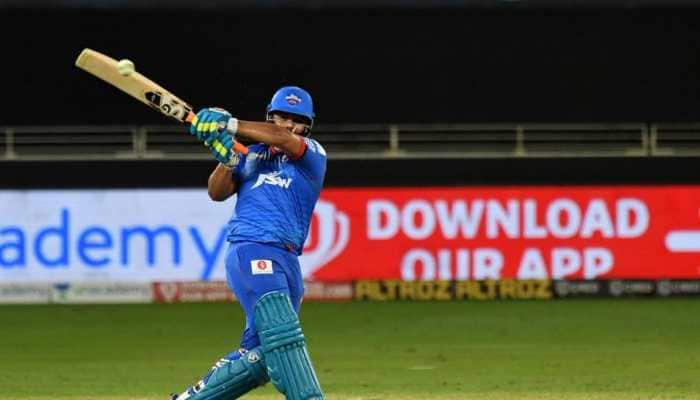Healthcare: Delhi Doctors Implant Pacemaker In The Brain To Control Parkinson's Disease
Let's explore the revolutionary new way Delhi doctors found of implantable pacemakers in the brain, which provide a new way to control parkinson's disease.
Trending Photos
) Delhi Doctors Implant Pacemaker In The Brain To Control Parkinson's Disease
Delhi Doctors Implant Pacemaker In The Brain To Control Parkinson's Disease Savitri Devi, 51, suffering from Parkinson's disease for the last nine years, has been given a new lease of life after doctors at a private hospital here implanted a pacemaker inside her brain to treat the neurological disorder.
Devi's condition started with tremors and bradykinesia (difficulty in initiating movements) and later she developed rigidity.
She was on medication but the symptoms kept on worsening, making her unable to walk, turn, or even get up from bed properly.
She was also not able to control her hands and legs and they would move without her control. Further, she also started developing side effects from the medicines.
After evaluation of her condition, doctors at Sir Ganga Ram Hospital suggested Deep Brain Stimulation (DBS), often described as a pacemaker for the brain.
"Deep Brain Stimulation is a new surgery where you stimulate particular areas of the brain. It acts just like a pacemaker of the brain. In this case, we planned to stimulate the subthalamic nucleus of the brain. The purpose of the surgery is to help control the disease and improve the patient's lifestyle," said Dr Shrey Jain, Associate Consultant, at the Hospital's Neurosurgery Department, in a statement.
"It is particularly useful in diseases like Parkinson's disease, tremors, and dystonia and has been evaluated and successfully shown positive results for psychiatric conditions like depression and mania (abnormally elevated, extreme changes in your mood). The minimally invasive surgery is done while the patient is awake during the whole surgery with the support of skilled anaesthetists and technicians with a backup of advanced gadgets," he added.
Jain explained that in the surgery electrodes are passed bilaterally in the deep brain through two small holes in the skull.
"Location was confirmed during surgery by examining the patient continuously and recording brain electric current. Her speech, eye movements, and power of the limbs was being monitored during the surgery and it was being observed how her symptoms are improving to make sure the effect of the surgery is maximum with minimal complications.
"During surgery, she stopped speaking at one point so electrodes were repositioned and her speech came back. CT Scan was also done after the surgery to make sure the electrodes are in the correct position. Later the battery was inserted in the chest wall like a pacemaker," Jain said.
Devi has improved quite well after the surgery and can lead a normal life with no side effects from the medications, he noted.
The dosage of the medications has also been reduced and their side effects are minimal. She is leading a near-normal life again which she thought was near impossible. Her symptoms of shaking hands and legs have improved considerably. She can properly hold the things now, the doctor said.
"Over seven million people are suffering from Parkinson's disease in India and this disease can be debilitating. Other diseases which have shown positive results with Deep Brain Stimulation include tremors, dystonia, depression, OCD, epilepsy and chronic pain," said Dr Ajit K. Sinha, Senior Consultant, at the Hospital.
"With the advancing technology and surgical skills, people should be aware of such options to get the best chance to lead a normal life despite having these problems," he added.
Stay informed on all the latest news, real-time breaking news updates, and follow all the important headlines in india news and world News on Zee News.
Live Tv







)
)
)
)
)
)
)
)
)
)
